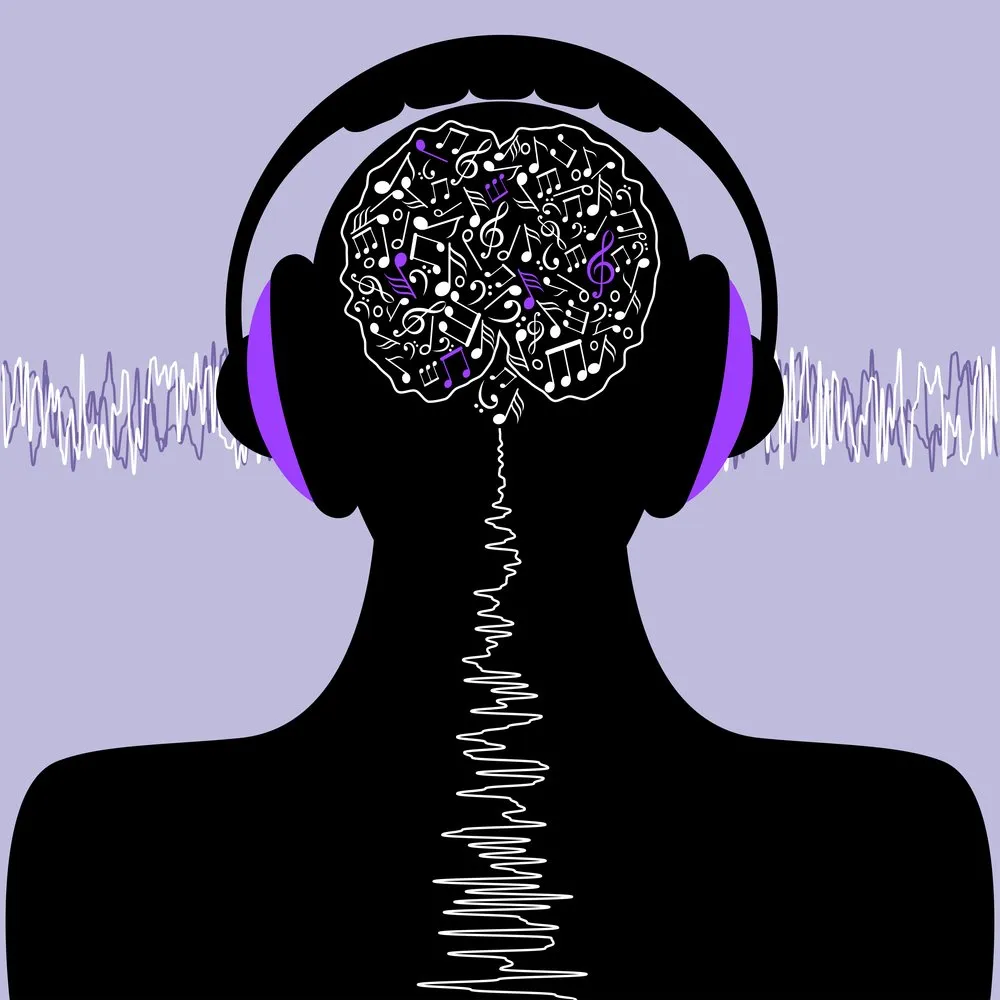
Can you become smarter by listening to Mozart’s music?
The Mozart Effect is a theory which states that listening to Mozart’s music can improve your intelligence, more specifically your spatial reasoning skills. It originated from a research study conducted by Rauscher, Shaw, and Ky, and administered on 36 college students in 1993, where they were subjected to three listening settings followed by a series of tests. One listening condition consisted of listening to Mozart’s double piano sonata K448, the other to relaxation audios, and finally a period of silence. They were then asked to solve one of three standard tests of abstract spatial reasoning. It has been concluded that the participants’ IQ increased by 8 – 9 points for the spatial part of the Stanford-Binet IQ test. The effect, however, only lasted for 10-15 minutes after listening to Mozart (Rauscher et al 1993).
The claim became popular after the New York Times published an article about how listening to Mozart’s classical music makes children’s general IQ higher, which created a huge misconception about the study and created a mini-industry where families rushed to buy Mozart CDs in order to make their children smarter and better at school. In 1998, the misconception was further taken to a political level when Georgia’s governor Zell Miller launched a program, with a budget of $105,000 yearly, to distribute classical music CDs to every new born baby in his state (Holden 1998). This shows how easy misconceptions can reproduce and be shared as facts by the media and the general public, so it is important to stay vigilant on the sources of the information we read and share.
To dive deeper into how true the Mozart Effect claim is, we need to discuss other experiments and their attempt at replicating the study. In 1996, a British study that was conducted on 8000 children showed that the effect is not directly related to Mozart’s classical songs, but to whichever type of music the person prefers. The study is known as “the Blur effect” due to the fact that the participants scored better on the spatial tasks when they listened to their preferred songs of Blur compared to when they listened to Mozart. This shows that the positive improvements enjoyed after listening to music have little to do with the music itself, and so much with the listener’s preferences and the feelings evoked from the act (Schellenberg and Hallam 2005).
As a conclusion, listening to Mozart’s double piano sonata K448 will most likely have no effect on your general intelligence. However, listening to your favourite songs is shown to produce positive effects in terms of attention and alertness, and that is due to the positive emotions you would experience through the music, which in turn leads to a better performance, especially in visual-spatial reasoning tasks.
Bibliography
Hetland L. 2000. Listening to music enhances spatial-temporal reasoning: Evidence for the “Mozart effect.” The Journal of Aesthetic Education, 34(3/4), 105–148.
Holden C. 1998. Mozart for Georgia newborns. Science 279 (5352): 663.
Rauscher FH, Shaw GL and Ky, KN. 1993. Music and spatial task performance. Nature, 365: 611.
Schellenberg, E.G., & Hallam, S. (2005). “Music listening and cognitive abilities in 10 and 11 year olds: The Blur effect”

